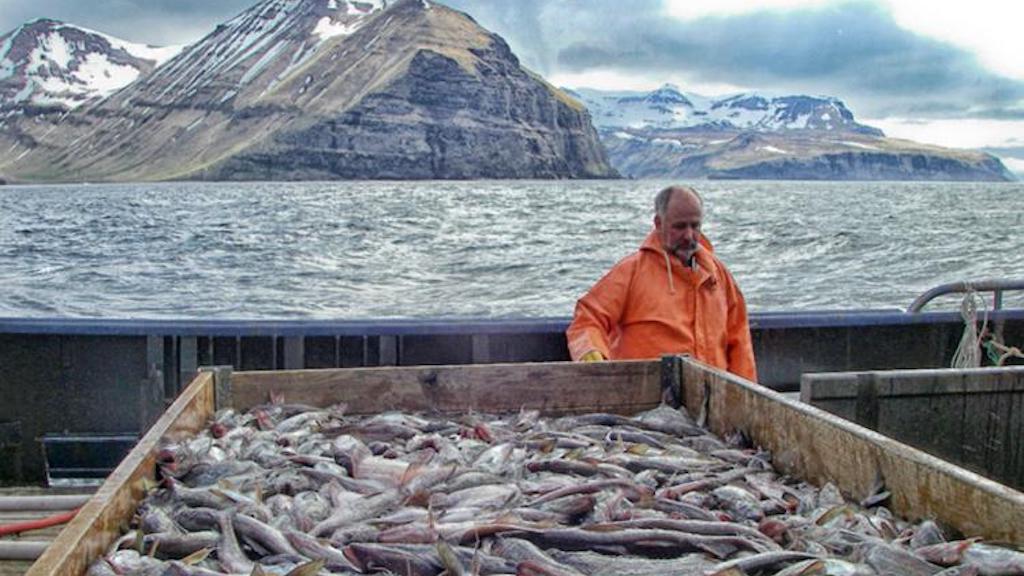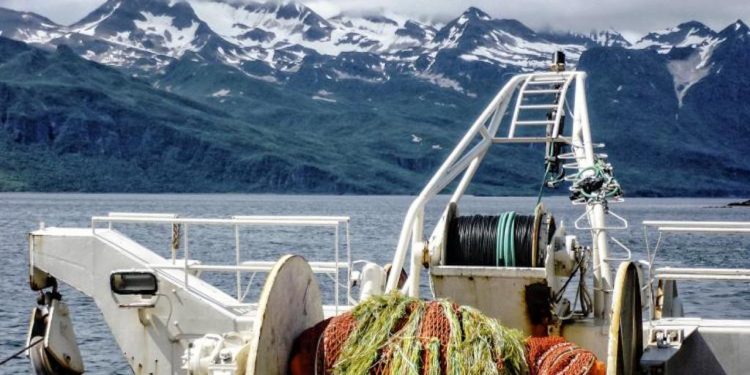Projects funded by President Biden’s Inflation Reduction Act will support efforts to better manage fisheries in a changing climate as the Department of Commerce and NOAA are awarding $20 million to support multiple regional fishery management council projects to tackle the impacts of climate change.
These funds, part of President Biden’s Investing in America agenda, are made possible by the Inflation Reduction Act, the largest climate investment in history. Each council will receive approximately $1–$3 million in funding based on their final project proposals to spearhead priority climate work.

‘Regional fishery management councils are some of NOAA’s most critical partners that help develop conservation and management measures for our nation’s marine fisheries,’ said U.S. Secretary of Commerce Gina Raimondo.
‘This $20 million investment, made possible thanks to President Biden’s historic Inflation Reduction Act, will support councils in their important work to incorporate the fishery management measures and processes necessary to improve climate resiliency and responsiveness as we tackle the impacts of climate change.’
All eight regional fishery management councils submitted project proposals to NOAA Fisheries outlining initiatives to improve fisheries climate resilience. Together, the councils identified a range of projects that will help fisheries address the impacts of climate change and enhance their long-term sustainability.
The funding will help strengthen council efforts, including better integration of existing scientific tools to prepare for and respond to climate change, development of management measures or processes to improve climate resiliency and implementation of climate scenario planning efforts and outcomes.
‘The regional fishery management councils have a vested interest in ensuring the nation’s fisheries are responsive to climate change,’ said Janet Coit, assistant administrator for NOAA Fisheries.
‘We are committed to continue our work with our council partners, using the best available science to develop and implement fisheries management strategies that are more adaptive to climate impacts.’









